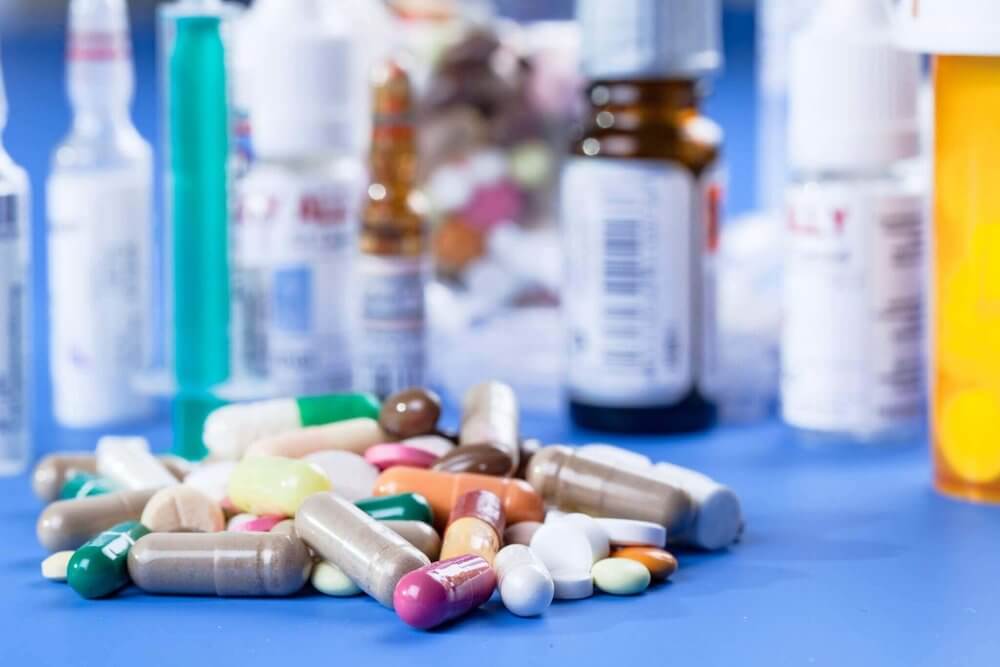According to a report by Topline Securities, Pakistan’s pharmaceuticals reported a substantial 37 percent rise in income during the first quarter of 2020, followed by Consumer Staples which remained largely stable (up 1.0 percent year-on-year) while Consumer Discretionary ‘s profitability (mainly cars) dropped by 39 percent compared to the same time last year.
In the first quarter of 2020, the profitability of Pakistan ‘s consumer companies (Staples, Pharmaceuticals, and Discretionary) declined by 7 percent year-on-year.
The overall slowdown in economic activity and countrywide lockout, starting in the last week of Mar-2020 in the aftermath of COVID-19, resulted in lower buying power for consumers, the study said.
As a result, Consumer Discretionary’s sales were down significantly by 32 percent YoY compared to a 38 percent decline in the fourth quarter of 2019. The turnover for the other 2 pieces, however, i.e. Staples and Pharmaceuticals experienced an increase of 8 percent and 7 percent respectively YoY (up 7 percent and up 12 percent compared to the previous year, respectively in the fourth quarter of 2019).
Overall, consumer firms’ gross margins rose by 2.12 percent to 23.9 percent in the first quarter of 2020, with companies slowly adjusting to the effects of PKR’s deprecation over the last two years and rising inflation-related costs.
The study indicated that the rise in sales within the staples segment was largely broad-based, as a mixture of higher revenues:
- Rising prices to pass on higher costs due to devaluation of currencies
- Sales are volumetrically higher than last year.
Sales growth for Staples was largely driven by National Foods Ltd (up 28 percent YoY) and Unilever Pakistan Foods (up 17 percent YoY).
The staples business’ gross margins shrank by 0.43 percent to 28 percent as the businesses were unable to fully pass on the effects of higher costs. Philip Morris Pakistan (down 7.8 percent to 35 percent) and Pak Elektron (down 4.7 percent to 22 percent) saw a notable decrease in gross margins of staples.
Sales growth for pharmaceuticals clocked in at 7 percent YoY, where revenue improvement was a combination of price rise and higher volumes. SEARL (up 13 percent YoY) and ABOT (up 12 percent YoY) have led this segment to sales growth.
Likewise, gross margins (linked to annual CPI) rose by 1.8ppts to 34.3 percent in the mid-price rise. ABOT (up 6.4ppts to 36%) and GlaxoSmithKline Consumer Healthcare Limited (up 4.3ppts to 33%) reported a notable gross margin increase.
Discretionary firms reported a significant 32 percent decline in revenue YoY as consumers ‘ purchasing power and sales hit a big hit due to slowdown in overall economic activity and countrywide lockdowns. Despite price hikes, the decline was witnessing a contraction of over 50 percent of YoY volumes.
The overall gross margins for this segment increased by 0.11% to 8.8%, led by Toyota Indus Motors (up 0.41%), while the margins of all others in this segment fell from 0.02% to 6.59%.
Overall sales reported a 5 percent increase on QoQ during the first quarter of 2020, powered by consumer discretionary revenues (up 18 percent Quarter by Quarter) in the midst of price hike and New Year phenomena as customers wait for the new model.
Consumer Staple ‘s revenue at QoQ also increased by 1.0 percent, while pharmaceutical sales declined by 8 percent QoQ.
The total gross margins decreased by 0.1 percent of QoQ. Overall profitability has been increased by 2 percent QoQ led by Consumer Discretionary (up 67 percent QoQ) due to the above factors. Two other groups, i.e. Pharmaceuticals and Consumer Goods, reported a 15 percent decline in QoQ and 5 percent decline in QoQ, respectively.
“We believe, due to countrywide lockdown amid COVID-19 outbreak, the sales of overall consumer segment will be affected due to supply chain disruptions, wherein consumer discretionary firms are likely to take the hit most among others,” the report added.

